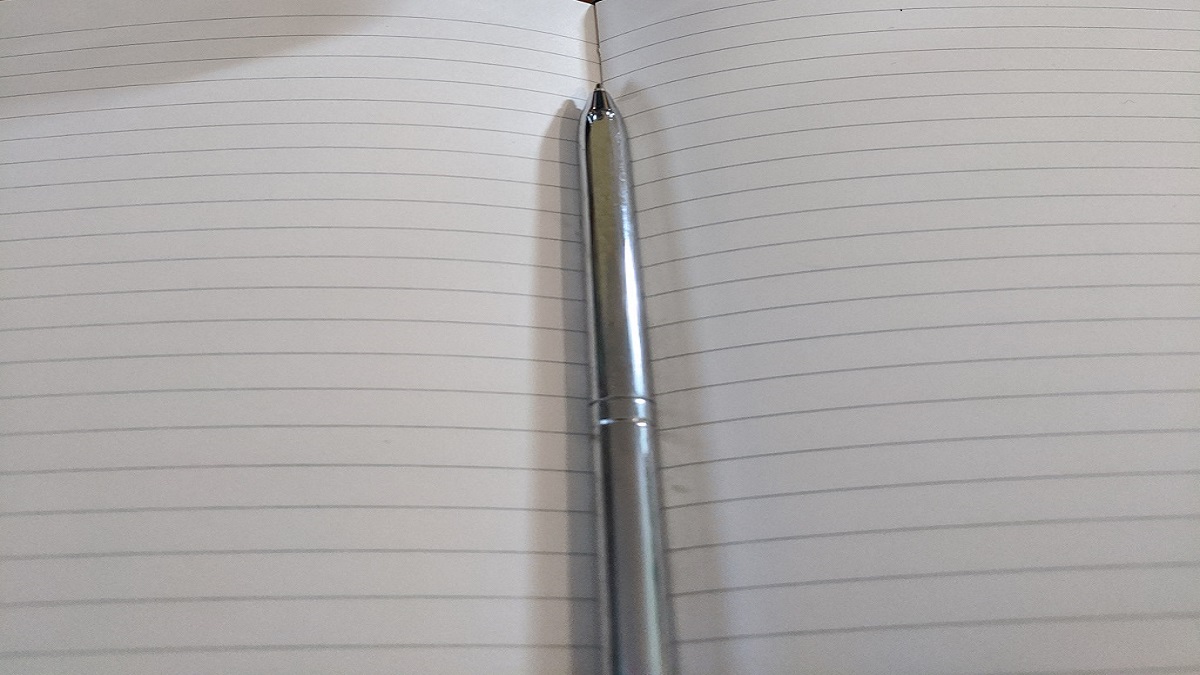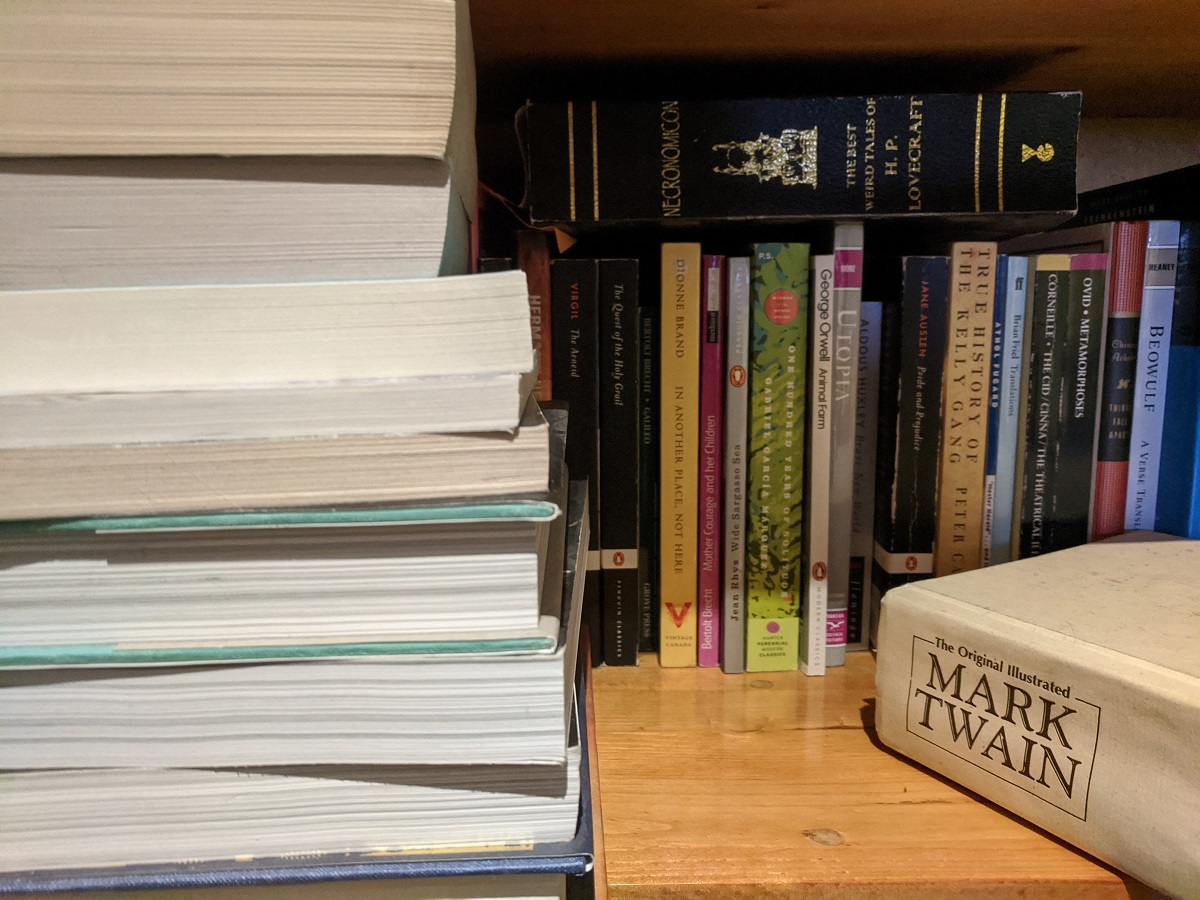To write well, you actually need to, well, write! Writing is a skill that needs to be honed. What are you currently doing to sharpen that skill? If you want to take your writing to the next level, it’s time to take writing exercises seriously. It’s time to assign yourself some homework.
Tag Archives: editing
What to do with (unpublished) family manuscripts
Every now and again I get inquiries from family members dealing with a loved one’s possessions who have found a manuscript. Typically they want to know what to do with this compilation of work—and if it’s any good. Sometimes the family is really enthusiastic about the project. Sometimes they haven’t even read it yet. And that’s fair.
Can I prevent libel in my writing?
At some point in your writing career, you will ask yourself the question, “Should I say that?” Whether it’s how you’re characterizing a person or the image you’re trying to strike for a company, you’ll wonder if it’s a good idea to publish the potentially offensive material. After all, you are responsible for what you publish. If you’re putting out something unflattering, you open yourself up for libel. But not everything we write needs to be flattering, does it? Sometimes you want to showcase the negatives! Sometimes you want to showcase the negatives! So what can you do to prevent libel in your writing?
How to prepare your manuscript for editing
So you finished writing your first book and are ready for the next step—which is editing, of course. What can you do to make the editing process as smooth as possible? Use minimal formatting. Make it good, then make it pretty!
Why do I see so many mistakes in published works?
Ah, yes. Your favourite newspaper has a typo in its headline or you’ve found desert when dessert was meant. It happens! And, obviously, it happens to established authors and at established publishing houses. But… how?
The top 10 things writers using CMOS should know
Every writer worth their salt works on their craft. Whether you’re reading competitors or doing grammar exercises, that writer brain of yours is learning. There’s a lot to learn, though, especially when you’re trying to match a specific style guide in your writing. Cheat sheet would be too generous of a name, but this article outlines the top 10 things you should know when using the Chicago Manual of Style.
What is a title information sheet and when would I need one?
In publishing, when your book gets presented to the editorial team as a real candidate for selling, your story will be reduced to a single page of to-the-point information known as the title information sheet. This piece of paper is the marketing pitch for your book, and contains important printing details the publisher will need to know for pricing reasons (among other things). So what goes into a title information sheet?
What style guide should I use?
Style guides are used by publishing companies to help them define the rules of language they’ll follow for their publications. While authors may not need intimate knowledge of one, understanding the purpose of each and maybe even learning a couple of rules to improve consistency in your writing is a great idea. Figuring out what style guide to use is pretty simple, and we’ll overview what factors you should consider in this article.
What is a style sheet and how do I make one?
An under-used tool amongst writers, the style sheet is the go-to reference for editors. Why? Simply put: A style sheet helps you maintain consistency, keep track of important dates and characters, and even reminds you whether you preferred the Oxford comma or not (you heathen).
What are beta readers and why do you need them?
Whether this is your first project or your seventh book, beta readers will give you a broader perspective of your content. If you choose them well, they’ll provide you with insights about narrative development, believability, and impact. In this article, I’ll talk about why you need beta readers, how to find them, and what to look for when selecting them.










